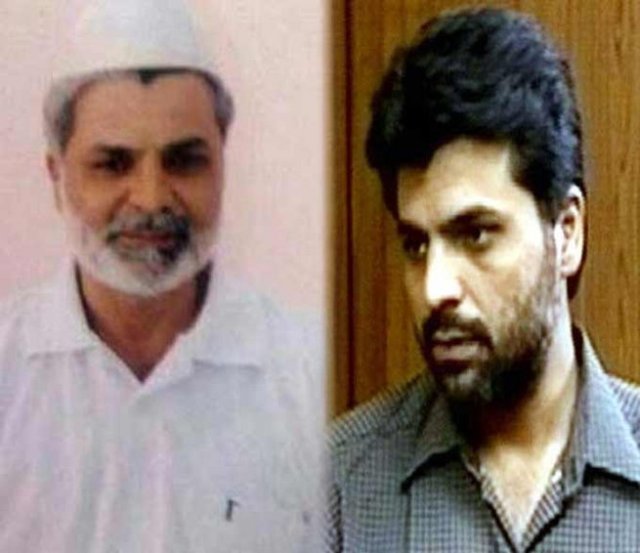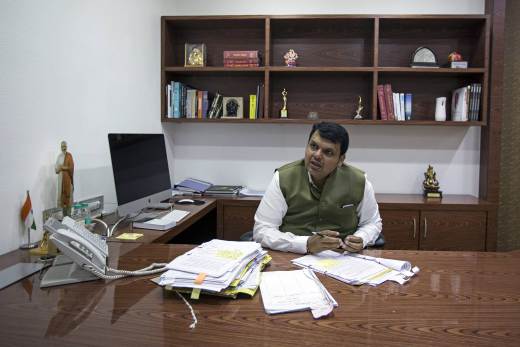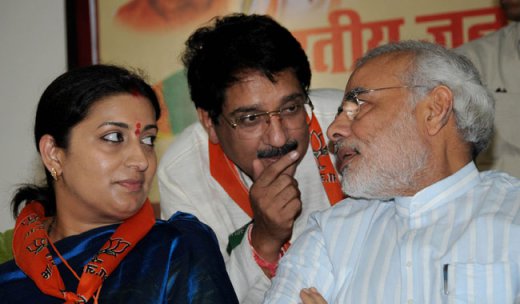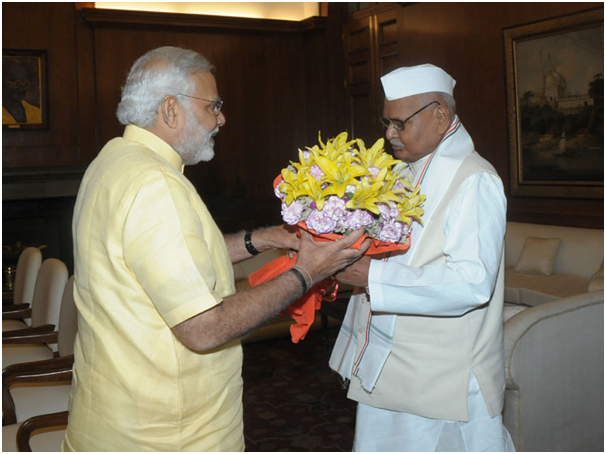
On 15th July, the Maharashtra government announced that it has initiated the process for hanging Yakub Memon. On 30th July, 2015 ‘he is to be hung by the neck till dead’. The announcement seemed inevitable after the Supreme Court had rejected his review petition on 10th April this year. Except that Yakub Memon has still not exhausted all legal remedies as he has a curative petition due to be heard in the Supreme Court on 21st July. While the state government is treating the matter as already dried and dusted and making a mockery of the justice system, there are some very valid reasons for drawing attention to Yakub’s case for upholding our faith in the judicial process:
1. Controversial arrest: The police claimed to pick Yakub up from the New Delhi Railway Station on 5th August 1994. In a letter written to the Supreme Court in 1999, Yakub stated that he came to India on 28th July 1994. He had been detained on 24th July at Kathmandu airport and then handed over to the Indian agencies.
2. Implicated and sentenced for trying to help: Yakub has maintained all along that he had no foreknowledge of and had no hand in the conspiracy leading to the Mumbai blasts of 1993. He was working towards voluntarily returning to India to clear his name. He co-operated with the investigating agencies and provided vital leads which have been acknowledged. However, the Court never regarded these as mitigating factors.
3. No justice under TADA: The Supreme Court in its 2013 judgement confirming death sentence awarded by the TADA court in 2007, held that Yakub officiated for Tiger Memon in Mumbai in the planning of the attacks in the latter’s absence. The Court accepted that Yakub was nowhere directly involved in the execution of the blasts, but his responsibility was greater as he was one of the planners. It said that he “was constantly present at the Al Husseini building, where the major part of the plan was made and executed”, interacted with ‘Tiger’s men’, managed Tiger’s “ill-gotten money,” arranged for air tickets to Dubai and vehicles which were used in the attacks. He was convicted under TADA (now lapsed), IPC, Arms Act, Prevention of Damage to Public Property Act, and under sections of the Explosive Substances Act on retracted confessions, on the statements of approvers and on the confession of co-accused.
4. “Special Stigmatizing”: Yakub had returned in 1994 believing that there would be a fair trial. He was proved wrong. The judgement decreed capital punishment for him because of his “position of dominance” and the “gravity of the crime”. Significantly, the Court commuted the sentences of the 10 others who had been awarded capital punishment by the trial court.
5. Rejection of mitigating factors: The Supreme Court deliberated on the aggravating and mitigating circumstances while awarding the quantum of punishment to all the death row convicts. Notably, in Yakub’s case, the Court noted none other than the fact that he did not have a prior criminal record. However, in the case of the other 10 others sentenced to death, the Court noted several other mitigating factors like lengthy incarceration, good behaviour, co-operating in the investigation, dependent family members etc. which were equally applicable to him. In Yakub’s case, the beginning and end of his being awarded death penalty then is clearly his relationship with Tiger Memon.
6. A discriminated convict: While confirming the death sentence on Yakub, the Court disregarded the fact that he suffered from depression from 1996. Ironically, a year later, while commuting the death penalty of 15 death row convicts in 2014, the same Court noted: “incarceration, in addition to the reasonable time necessary for adjudication of mercy petitions and preparation for execution, flouts the due process guaranteed to the convict under Article 21 which inheres in every prisoner till his last breath.”
7. Incarcerated for 21 years: For 21 years Yakub has lived with the “brooding horror” which “haunts” a condemned prisoner. To hang him now is neither fair nor just as it is punishing him twice over. It is plain vengeance which the state shows towards a condemned and defenceless man.
8. Denial of reform: A chartered accountant by profession, Yakub was known to be a silent observer during court proceedings. In 21 years of which he has spent 8 years in the death row, he has completed two MAs, one in English and the other in Political Science from IGNOU. Several recent judgments have emphasised the importance of reform and rehabilitation based on conduct. However, Yakub’s efforts have never been recognized.
9. A political hanging: The judicial process through which Yakub has been pronounced guilty and deserving of capital punishment has failed to bring to justice the main perpetrators of anti-Muslim carnage in December 1992 and January 1993, despite the Srikrishna Commission of Inquiry identifying a host of police officers and politicians belonging to Shiv Sena for their role. In the last one year, a similar trend is observable in the investigations into attacks committed by Hindu terror groups. 15 witnesses have turned hostile in the Ajmer Dargah blast (2007), the NIA has closed the Modasa case (2008) and has pressured the special prosecutor to ‘go soft’ on the investigations into the Malegeon blasts (2008).
The impending hanging of Yakub Memon raises certain very significant concerns regarding the role of the state and rights of people. As the above points illustrate, Yakub’s ‘crime’ is that of guilt by association and he is a scapegoat who has been conveniently caught and convicted as ‘most guilty’. Yakub Memon returned as a conscientious Indian citizen, albeit with a ‘criminal’ family background. If he is now hanged, the government must take responsibility for sending out the message that a Muslim cannot be a good citizen.
It is also imperative to ask as to what justice will be served through such an execution? Such regressive judicial pronouncement yet again convinces us that death penalty is not only prejudiced but also irrational. Fraught with the possibility of judicial error, the irreversibility of the punishment makes it totally condemnable. Globally, there is a move within countries to progressively do away with this regressive form of punishment. PUDR therefore urges the authorities including the judiciary in this case that in the interests of justice to commute his sentence, and in light of his 21 year-long incarceration to release him.
Megha Bahl, Sharmila Purkayastha
Secretaries, PUDR
20th July 2015


